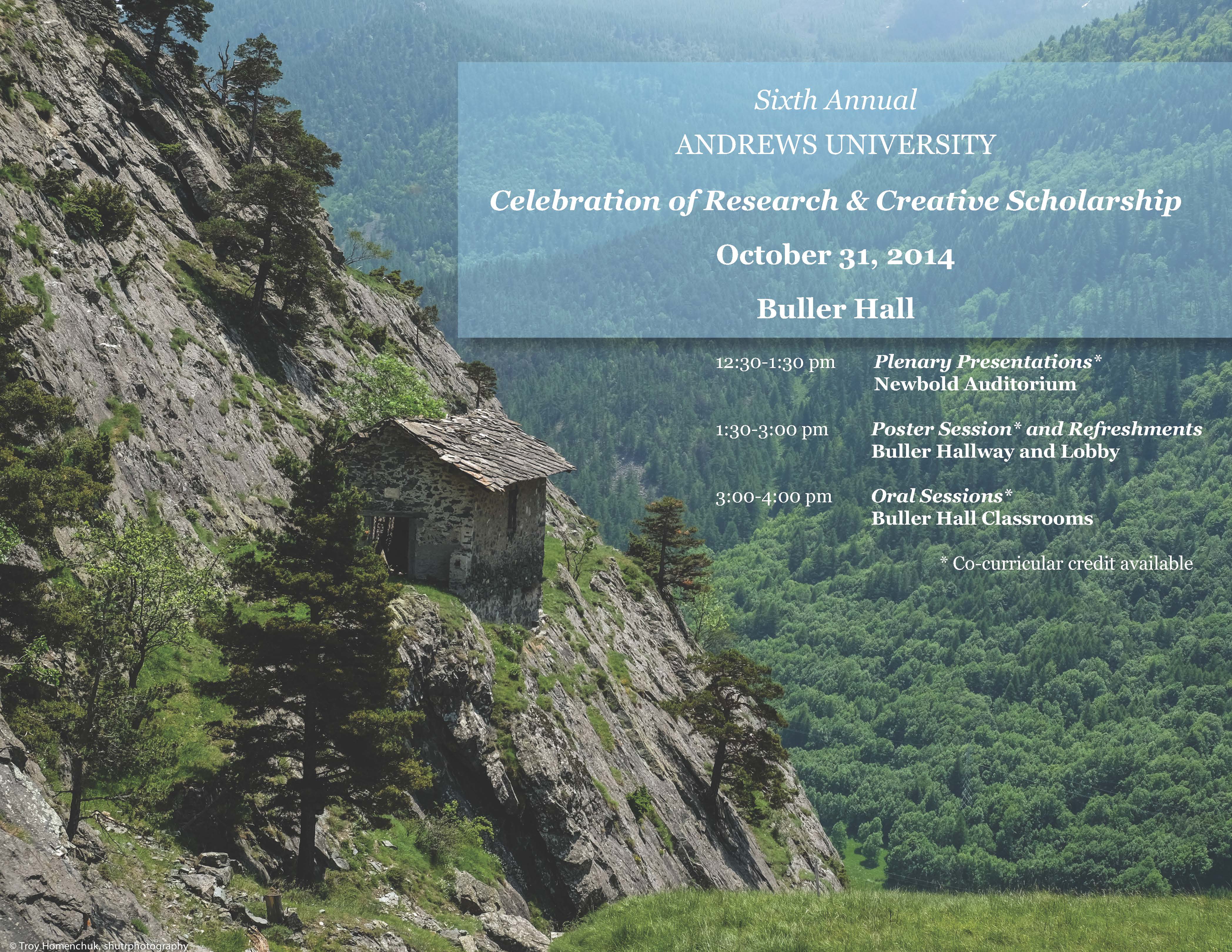P-30 Synthesis and Characterization of “Clean Surface” Gold Nanoparticles
Presenter Status
Department of Chemistry and Biochemistry
Location
Buller Hallway
Start Date
31-10-2014 1:30 PM
End Date
31-10-2014 3:00 PM
Presentation Abstract
We depict the synthesis of gold nanoparticle, free of stabilizing organic molecule, upon reduction of Au2O3 powder by hydrogen molecule in proportion of 0.8 g per 1.0 L of deionizer water. The content was free of oxygen gas by bubbled with argon gas through the spout and then saturated with hydrogen gas. The Au (III) reduction readily proceeds at elevated temperature, about 10 degree less than the boiling point of water, and at slightly higher pressure than the atmospheric pressure. The suspensions of the nanoparticles growth was monitored by UV-Vis, its size by TEM and dynamic light scattering and its surface chemistry by surface enhanced Raman scattering (SERS) employing a probing molecule. The stability of the suspended gold nanoparticles is suggested to have hydroxyl group on their surfaces.
P-30 Synthesis and Characterization of “Clean Surface” Gold Nanoparticles
Buller Hallway
We depict the synthesis of gold nanoparticle, free of stabilizing organic molecule, upon reduction of Au2O3 powder by hydrogen molecule in proportion of 0.8 g per 1.0 L of deionizer water. The content was free of oxygen gas by bubbled with argon gas through the spout and then saturated with hydrogen gas. The Au (III) reduction readily proceeds at elevated temperature, about 10 degree less than the boiling point of water, and at slightly higher pressure than the atmospheric pressure. The suspensions of the nanoparticles growth was monitored by UV-Vis, its size by TEM and dynamic light scattering and its surface chemistry by surface enhanced Raman scattering (SERS) employing a probing molecule. The stability of the suspended gold nanoparticles is suggested to have hydroxyl group on their surfaces.



